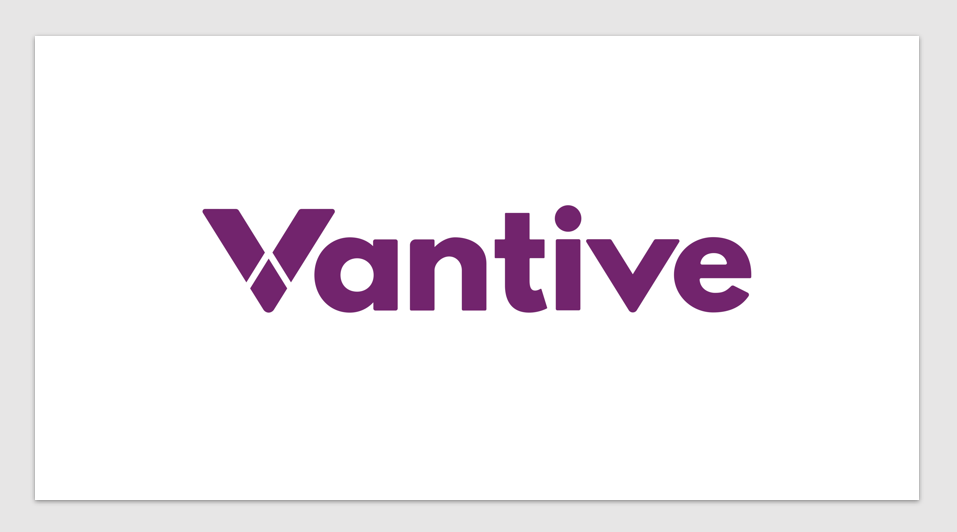News & Trends - Pharmaceuticals
We’ve spent more on healthcare, but it’s been worth it

Healthcare expenditure is surging, with Australia now allocating approximately one-tenth of its budget to this sector. This financial uptick prompts two critical questions: Are these increased investments yielding proportional gains in health outcomes? And, is there scope to make our healthcare dollars go further?
New research from the Productivity Commission unveils Australia’s healthcare system as notably productive, offering value for money on a global scale. Surpassing all but two countries among 28 high-income nations, Australia’s healthcare productivity ranks third, trailing only Iceland and Spain.
“Australia’s healthcare spend is big and getting bigger, but we are seeing significant return on that investment through better health outcomes,” said Dr Catherine de Fontenay, Commissioner, Productivity Commission.
As about 70% of healthcare is government-funded from tax payer money, and this increase has had significant consequences for governments’ budgets. The convergence of population aging, evolving societal demands, and the expanding weight of chronic disease suggests that this trajectory is unlikely to relent anytime soon.
The recent Intergenerational Report projected that Federal Government healthcare spending alone would rise from 4.2% of GDP in 2022-23 to over 6% by 2062-63.
This is the first time that the quality of Australia’s healthcare has been considered in an assessment of productivity.
“Previous research assessed the productivity of our healthcare system by looking at how much it costs to provide a service, such as a visit to hospital. A healthcare system that gets people in and out of hospital quickly and cheaply isn’t much good if those patients aren’t getting better.
“This research looks at how much it costs us to treat a particular disease and the outcomes of treatment. Looking at the outcomes our system creates for patients provides a much truer picture of its productivity,” Commissioner de Fontenay stated.
Quality-adjusted multifactor productivity experienced an annual growth rate of approximately 3%, between 2011-12 and 2017-18, for the subset of diseases under scrutiny. This subset included cancers, cardiovascular diseases, blood and metabolic disorders, endocrine disorders, and kidney and urinary diseases, collectively responsible for approximately one-third of healthcare expenditure.
Notably, this growth primarily stemmed from improvements in quality rather than cost reductions.
“Productivity growth was particularly strong for the treatment of cancers, likely due to the introduction of new cancer therapies in the 2010s. This highlights the importance of quickly integrating new treatments as they emerge,” Commissioner de Fontenay said.
The report emphasised that the “challenge lies not in catching up to the frontier but in shifting it, to make our healthcare dollars go further, without comprising on quality”.
Integrating digital technology as it emerges could help contain the healthcare spend without sacrificing on the quality of care.
“Digital records, new models of remote care, and new technologies, such as AI, can make healthcare more efficient and less costly if integrated safely and effectively,” de Fontenay remarked.
Reducing sizeable risk factors, such as obesity and alcohol consumption, is another way of enabling the nation’s healthcare sector to do more with less.
“We have the fourth highest rate of obesity in the world and the sixth highest level of alcohol consumption. This worsens population health and creates more work for our healthcare sector,” she added.
Due to be released in the coming weeks, the Commission’s forthcoming Leveraging digital technology to lift healthcare productivity paper considers the role digital technology can play in transforming the way we deliver healthcare, including to reduce costs.
 In reimagining healthcare across the entire patient journey, Health Industry HubTM is the only one-stop-hub bringing the diversity of Pharma, MedTech, Diagnostics & Biotech sectors together to inspire meaningful change.
In reimagining healthcare across the entire patient journey, Health Industry HubTM is the only one-stop-hub bringing the diversity of Pharma, MedTech, Diagnostics & Biotech sectors together to inspire meaningful change.
The content on Health Industry Hub is copyright protected and should only be accessed under individual user licenses. To subscribe, please click here and visit T&Cs here.
News & Trends - MedTech & Diagnostics

Parliament passes lung cancer legislation
MedTech & Diagnostics News: Lung cancer is the leading cause of cancer death and is responsible for almost one in […]
MoreNews & Trends - Pharmaceuticals

Senator Ruston criticises Budget’s lack of ‘real seamanship’ in tackling pressing healthcare challenges
Pharma News: Senator Anne Ruston, Shadow Health Minister, was warmly welcomed at the Post-Budget event held in Parliament House yesterday […]
MoreNews & Trends - MedTech & Diagnostics

Baxter announces branding for spin-off kidney care business
MedTech & Diagnostics News: Baxter has unveiled the mission and logo for its forthcoming kidney care and acute therapies company, […]
More